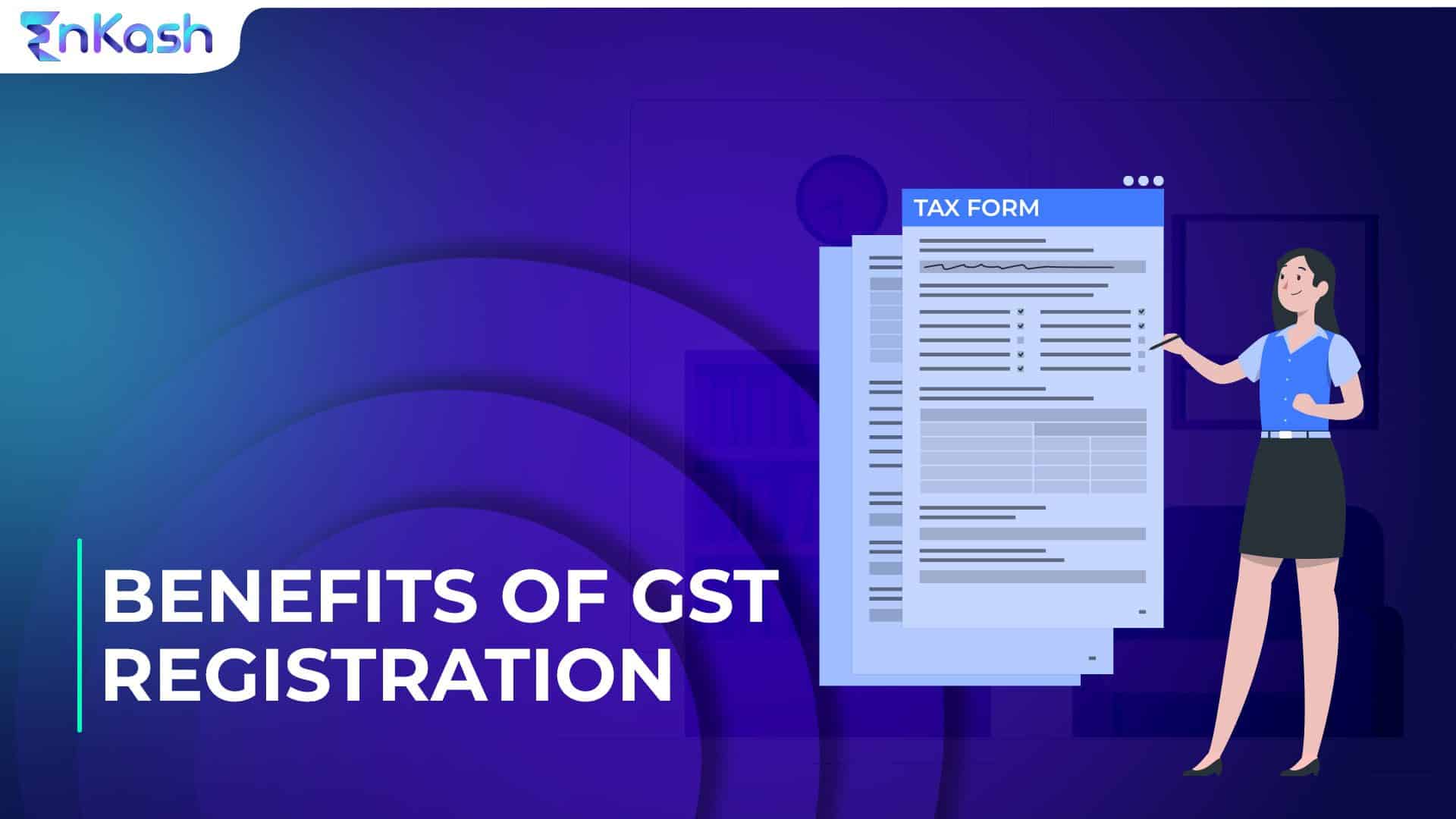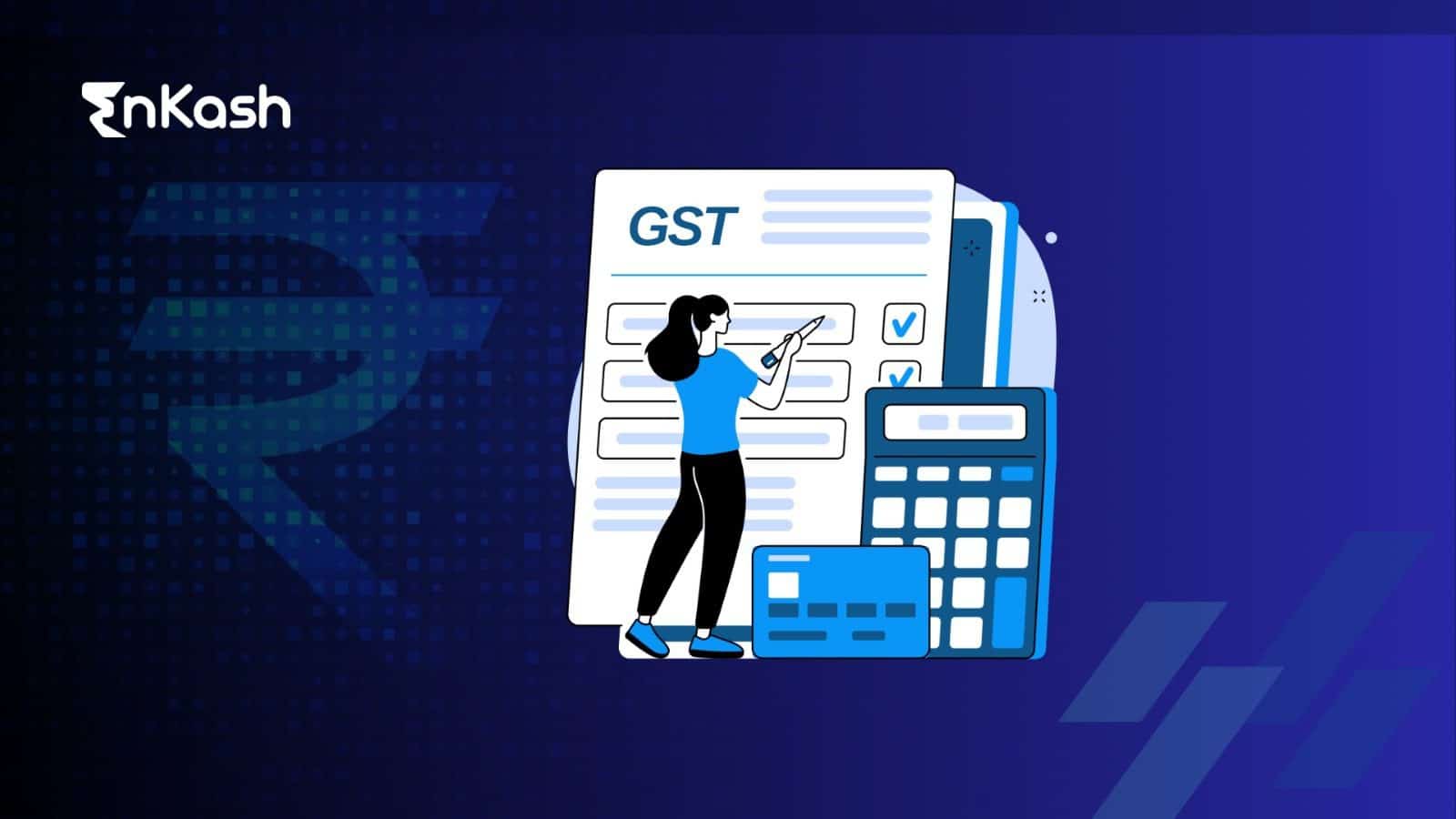The introduction of the Goods and Services Tax (GST) in India has brought about a significant transformation in the country’s indirect tax system. GST registration has become mandatory for businesses with a minimum turnover threshold, and this move has several advantages for both businesses and the economy as a whole. In this article, we will explore the benefits of GST registration and highlight its impact on businesses, particularly small enterprises.
What is GST and how GST is different from the old tax system?
GST, or Goods and Services Tax, is a destination-based tax, which means that it is collected at the point of consumption rather than the point of origin. Different types of GST were introduced in India i.e., CGST, SGST, and IGST on July 1, 2017, replacing multiple indirect taxes levied by the central and state governments. The difference between CGST, SGST, and IGST is mainly dependent on the taxes levied on goods by the state and the central government.
Before the implementation of GST, India had a complex tax structure with a multitude of taxes at both the central and state levels. Some of the prominent taxes were Value Added Tax (VAT), Central Excise Duty, Service Tax, Central Sales Tax, and various other levies. The key difference between GST and the old tax system lies in its unified and simplified structure. Under the previous tax regime, businesses had to comply with multiple taxes at different levels, leading to a complex and fragmented system. GST integrates these taxes into a single tax, creating a unified tax structure for the entire country.
What are the benefits of GST registration?
Below are some of the significant benefits of GST registration:
Streamlined Tax Structure
One of the primary advantages of GST registration is the simplification and streamlining of the tax structure. Before the implementation of GST, businesses had to comply with multiple taxes at the state and central levels, such as value-added tax (VAT), central excise, and service tax. This complex system often led to confusion, increased compliance costs, and a lack of transparency. With GST, these various taxes are replaced by a single tax, which makes it easier for businesses to understand and comply with tax regulations.
Increased Compliance and Transparency
GST registration has resulted in improved compliance and enhanced transparency in the tax system. The GST framework utilizes a robust online platform that facilitates the filing of returns, payment of taxes, and communication with tax authorities. This digital infrastructure reduces the scope for tax evasion and promotes greater accountability. Furthermore, GST’s transparent nature allows businesses to claim input tax credits on their purchases, thereby reducing the tax burden.
The Finance Ministry reported the GST collections for the month of April 2023 at Rs 1.87 lakh crore, the highest ever.
Elimination of Cascading Effects
Cascading effects, also known as “tax on tax,” were prevalent in the pre-GST regime. Under the earlier tax structure, taxes were levied on each stage of the supply chain, leading to a cumulative tax burden. This practice hindered competitiveness and inflated prices for end consumers. However, with the implementation of GST, the cascading effect has been eliminated. GST payment allows for the seamless flow of tax credits across the supply chain, ensuring that taxes are only levied on the value added at each stage. This has resulted in reduced prices for goods and services, benefiting both businesses and consumers.
National Market and Ease of Doing Business
GST has transformed India into a unified national market by subsuming various state taxes. Previously, businesses faced numerous barriers while operating across different states due to varying tax regulations and entry barriers. GST has eliminated these obstacles, making it easier for businesses to expand their operations and establish a presence in multiple states. This unified market has also boosted trade and commerce within the country, leading to economic growth and increased investment.
According to a World Bank report, India’s ranking in the Ease of Doing Business Index improved significantly after the implementation of GST. As of 2022, India jumped from 142nd position in 2014 to 63rd position, highlighting the positive impact of GST on the business environment.
Read More: GST State Code List
Simplified Compliance for Small Businesses
GST has brought relief to small businesses by simplifying compliance procedures. Under the GST regime, any company with a paid-up capital of up to ₹4 crores and turnover of as much as ₹40 crores would be considered a small business and enjoys significant tax benefits under GST. Small businesses benefit from reduced compliance burdens, as they are not required to maintain detailed records or file complex returns. This provision enables small enterprises to focus more on their core activities and facilitates their growth.
Increased Input Tax Credit Availability
One of the significant advantages of GST registration is the availability of input tax credits (ITC). Businesses can claim ITC for the GST paid on their purchases, which includes raw materials, goods, and services used in their operations. This mechanism ensures that businesses are not burdened with the cascading effect of taxes and allows for the reduction of tax liabilities. By reducing the overall tax burden, businesses can allocate resources more efficiently and invest in growth and expansion.
Conclusion
The introduction of GST and mandatory GST registration requirements in India has significantly transformed the country’s indirect tax system. The benefits of GST registration are manifold, impacting businesses, particularly small enterprises, and the economy. If you already have a GST number, but don’t know what it is then you can search GST number using different online tools. The streamlined tax structure has simplified compliance and reduced confusion and compliance costs. Increased compliance and transparency have been achieved through the robust online platform, reducing tax evasion and promoting accountability. Eliminating cascading effects has reduced prices for goods and services, benefiting both businesses and consumers. The establishment of a national market has facilitated ease of doing business, promoting trade, and attracting investments. Small businesses have experienced relief with simplified compliance procedures, allowing them to focus on growth.
Additionally, the availability of input tax credits has reduced tax liabilities and enabled businesses to allocate resources efficiently. The implementation of GST has proven to be a milestone in India’s tax system, driving positive changes and creating a favorable environment for businesses and the overall economy.













